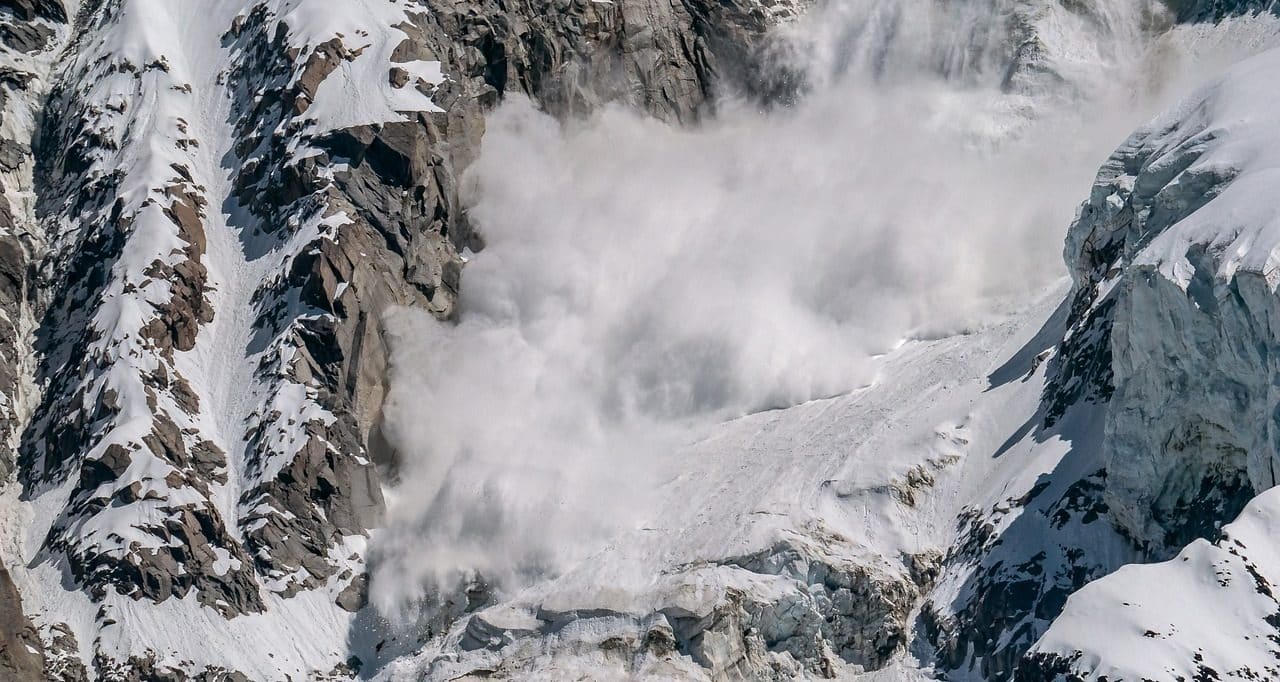
Alluvion can be used as a synonym for avalanche or avalanche.
Alluvion is a term that has its etymological roots in the Latin language: alluvĭo, alluvionis . The first meanings mentioned by the Royal Spanish Academy ( RAE ) refer to an intense torrent of water or the current that carries various sediments .
For example: “The northern town is still trying to recover from the flood it suffered last month, which left more than a hundred evacuees,” “The heavy rains caused the river to overflow, generating a flood that caused all kinds of damage.” , “Three people are missing due to a flood in San Jacinto” .
About the term alluvium
As mentioned in the first paragraph, the study of the etymology of the term alluvium refers us to its Latin ancestor alluvium, alluvionis , which can be translated as a flood of water, a space of land that is flooded or the overflow of a body of water.
Regarding its structure, we can say that this word begins with the prefix of Latin origin ad- , which can also occur in its form a- and serves to indicate "contiguity or proximity" , in addition to allowing the intensification of concepts; Other terms in which it can be seen are attract, attached, adrenal, approach and admire .
After this prefix we find the root belonging to the Latin verb Lavare , which translates as "to bathe, to wash." At this point it is necessary to point out that the root suffers an apophony , a phenomenon that can alter different aspects of the terms of Latin origin when a prefix or a second root is placed before them; If we look at the vowels of lavare and luvió we cannot ignore this alteration.
Uses of the concept
The concept not only serves to refer to the avalanche of water that destroys a piece of land , but also to these spaces of land that are dragged by the waters of rain and rivers until they remain in plains or valleys, deposited after having been carried away. abruptly, causing varying degrees of destruction in its path. Likewise, it is possible to use the term alluvial to refer to these lands.
Materials that typically form part of alluvium include clay, silt, gravel and sand , and these can accumulate in deltas, stream channels, alluvial fans or floodplains . These particles carried by the water are deposited permanently or temporarily, depending on the case. Unless otherwise specified, the word alluvium describes materials that are not consolidated. Two possible synonyms for this phenomenon are avalanche and avalanche .

In a symbolic sense, the idea of alluvium refers to a pile-up or an accumulation. For example: "migratory flood."
Alluvium as agglomeration or accumulation
The idea of alluvium is also used to name the agglomeration or accumulation of individuals, objects or symbolic elements . Suppose that the police, with the aim of catching the person responsible for a crime, make a series of arrests: all suspicious people are locked up. It can be said, in this context, that there was a flood of arrests .
In a similar sense, when thousands of people arrive simultaneously at a place, it is said that a flood is generated. The humanitarian crisis that occurred in Syria due to the civil war that broke out in 2011 caused a flood of refugees in Europe , as well as the serious economic problems that Argentina went through in 2001 caused a flood of migration due to people who left the country in search of new job opportunities. Both cases brought consequences of various kinds, both for locals and immigrants.
A company that provides poor service, on the other hand, can receive a flood of complaints from its customers, just as a massive scam that affects thousands of people can lead to a flood of legal complaints .
